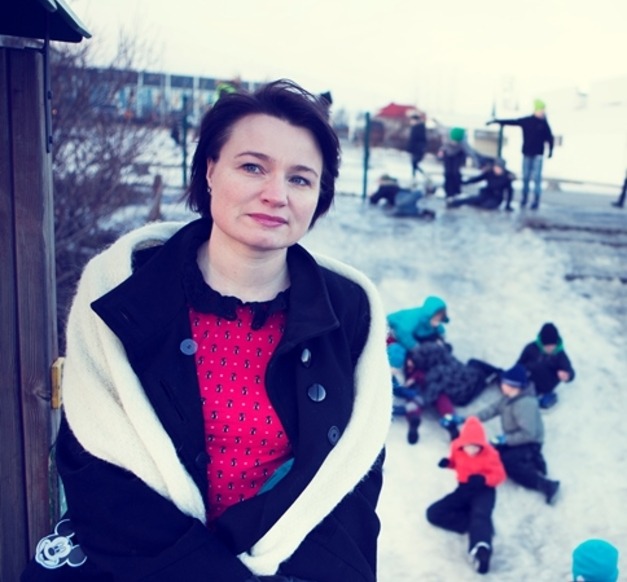Children of multicultural ethnicity are less likely to experience positive connections with their friends and acquaintances than children born in Iceland. Furthermore, they have more difficulties in finding domestic friends, even when they have mastered the new language. At the same time it has been acknowledged that friends can play a key role in the lives of this group when parents have meagre means to support their children when moving between countries,” says Eyrún María Rúnarsdóttir, Sessional Teacher at the Faculty of Education Studies. She is a doctoral student at the Leiden University in the Netherlands but gathers data for her research entirely in Iceland.
Rúnarsdóttir studies social interactions and bullying among children and adolescents of multicultural ethnicity in Iceland. “The results are meant fulfil a need for academic knowledge and understanding of the subject as well as suggesting ways to improve the conditions of young people of multicultural ethnicity in order to connect with new friends,” says Rúnarsdóttir.
Rúnarsdóttir received a grant from the Margret and Bent Scheving Thorsteinsson Fund to work on the part of the research concerned with understanding the role of friendship and social interactions for immigrant children, and explaining why they are more susceptible to being bullied than their Icelandic peers.
The first part of the project is an analysis of existing data from the national survey Health Behaviours in School-Aged Children (Heilsa og lífskjör skólanema), submitted to students in 6th, 8th and 10th grade in the school year 2009-2010. “The contentment and indisposition of children of Polish, Asian and West-European descent was compared to happiness and feelings of Icelandic children. The main results show that all groups of immigrant children were less satisfied with their lives than Icelandic children; but Asian and West-European children felt worst,” says Rúnarsdóttir.
According to Rúnarsdóttir it has become clear that children of Asian descent fare worst in Icelandic society and that they experience less support from parents and friends and a more negative classroom atmosphere than Icelandic children. “There were more incidents of bullying among children of foreign origin than among Icelandic children. They professed more often than their Icelandic peers to be victims of bullying and are also more likely to be both perpetrators and victims of bullying,” says Rúnarsdóttir who finds the results rather striking. Her plan is to gather further data in order to achieve deeper understanding of the social interactions of immigrant children.
Supervisors: Paul Vedder, Professor at the Department of Social Sciences at Leiden University, Mitch van Geel, Assistant Professor at the Department of Social Sciences at Leiden University, and Rúnar Vilhjálmsson, Professor at the UI‘s Faculty of Nursing.



